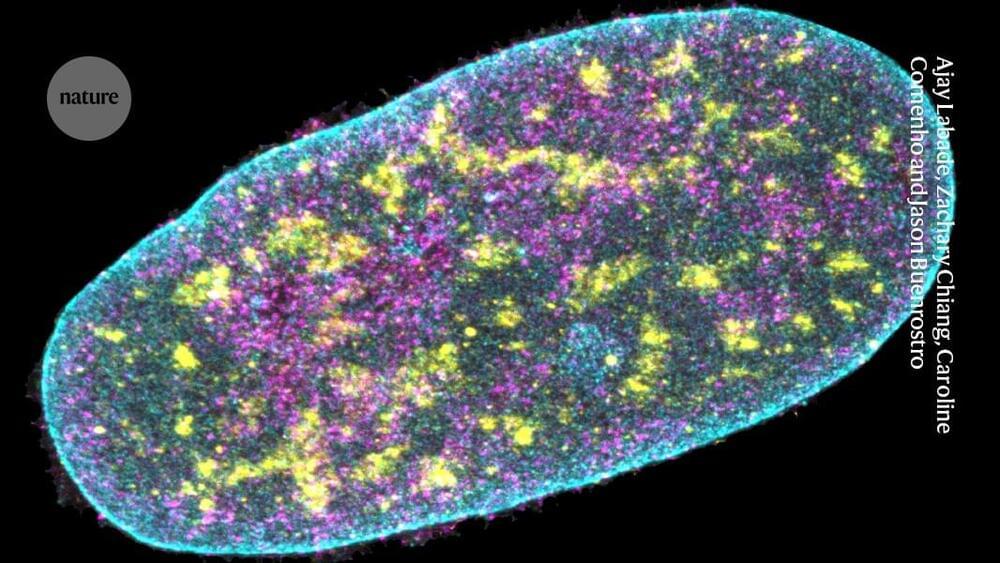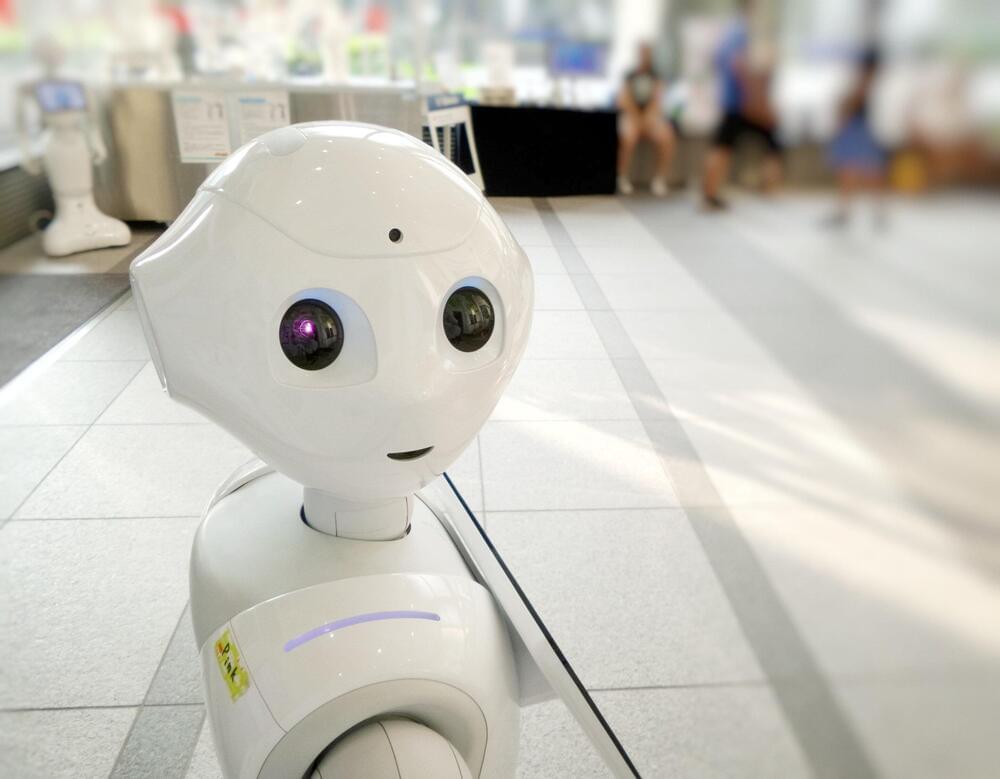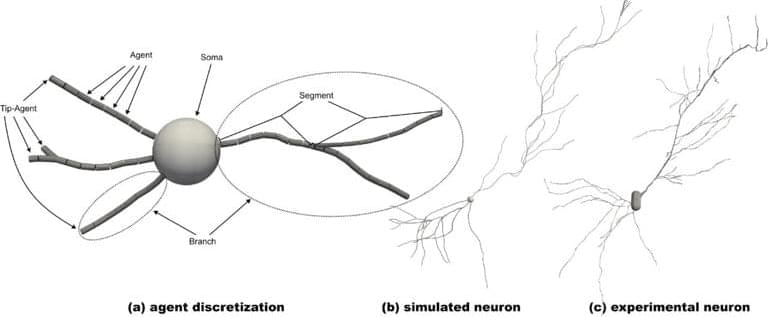Where you people most often get their information regarding cannabis? This is what a recent study published in the Journal of Cannabis Research hopes to address as a team of researchers led by the University of Michigan Medical School investigated the methods by which everyday citizens receive their information regarding cannabis, specifically pertaining to its legality, which comes on the heels of its classification from a Schedule I to Schedule III drug recently being recommended by the Department of Health and Human Services.
For the study, the researchers conducted a survey of 1,161 participants ages 18 and up regarding their cannabis use within the past year, reasons for use, and the sources where they obtain their information regarding cannabis. The participants consisted of 51 percent women and 49 percent men with 27 percent reporting using cannabis within the past year. Regarding their sources of information, 35.6 percent reported it was from family and friends, 33.7 percent reported it was from websites, 9.3 percent from healthcare providers, 8.6 percent from employees where the cannabis was purchased, and 4.7 percent was from government agencies.
The study concludes by saying, “In this nationally representative survey, we show that most people draw information about cannabis from friends and family or online, with very few consulting their healthcare provider or government agencies. As cannabis accessibility and legality is increasing, there is a strong need for better clinician education, public outreach strategies, and improved communication between patients and clinicians about cannabis.”







